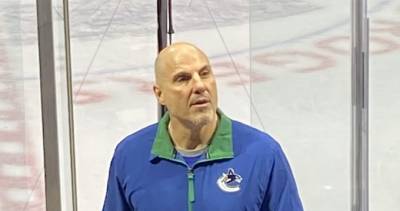Bright Leaves
Directed and written by Ross McElwee. Starring Ross McElwee, Charleen Swansea, Patricia Neal. Rating unavailable.
Late into the documentary Bright Leaves, director and narrator Ross McElwee makes a revealing confession. "Sometimes," the filmmaker admits in a muted southern drawl, "I feel that it's such a pleasure to film, especially down south, that it almost doesn't matter what I'm filming."
This may explain why Bright Leaves, although mostly enjoyable, is also frustratingly unfocused at times.
McElwee perfected his first-person, semiautobiographical documentary-essay style in 1986 with Sherman's March. That film, subtitled A Meditation to the Possibility of Romantic Love in the South During an Era of Nuclear Weapons Proliferation, began as a Ken Burns--style Civil War study before digressing into personal musings about the women in McElwee's life, nuclear winter, and Gator star Burt Reynolds.
Bright Leaves is ostensibly a personal study of McElwee's native North Carolina, former tobacco growers, and the blind eye the farmers often turn to the health risks associated with their cash crop.
McElwee discovers that his grandfather's company had been responsible for a popular tobacco brand, Bull Durham, but had been forced out of business by the rival Duke family (who later started Duke University). Speaking with John McElwee, Ross's cinephile cousin, we learn of Bright Leaf, an obscure Hollywood melodrama starring Gary Cooper and Patricia Neal. Believing that the film must be based on his grandfather's story, McElwee tracks down the wife of the author of Bright Leaf, the novel, and even has a brief audience with 80-year-old Neal herself.
The best parts of the film dwell on the McElwees' personal observations. We meet family members, go to young Ross's childhood home, and meet up with the filmmaker's long-time friend Charleen Swansea, the subject of his Charleen in 1980 and a recurring character in his films ever since.
But the film is repeatedly derailed by needless digressions. Some, like a scene where film theorist Vlada Petric discusses the virtues of moving-camera technique, are amusing enough, but because Petric doesn't say anything substantive about the film Bright Leaf, his inclusion feels unnecessary.
Likewise, did we need to know that Neal considers Cooper the love of her life? What does that add to the main story line?
Digressions aside, Bright Leaves is a user-friendly offering by a filmmaker addicted to photographing anything, anywhere, at any time. McElwee likens his obsession--a tad heavy-handedly--to nicotine addiction. If, like all addicts, he can't stop, then at least he could filter it better.















Comments